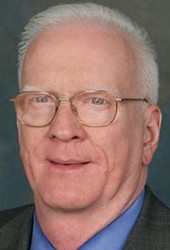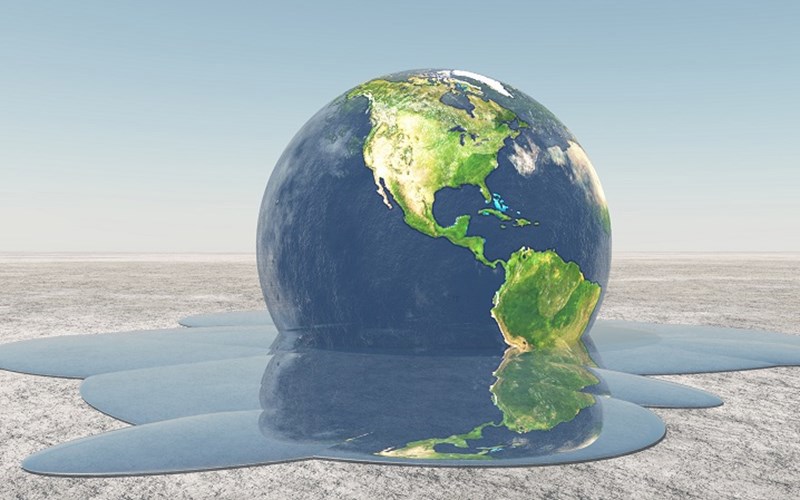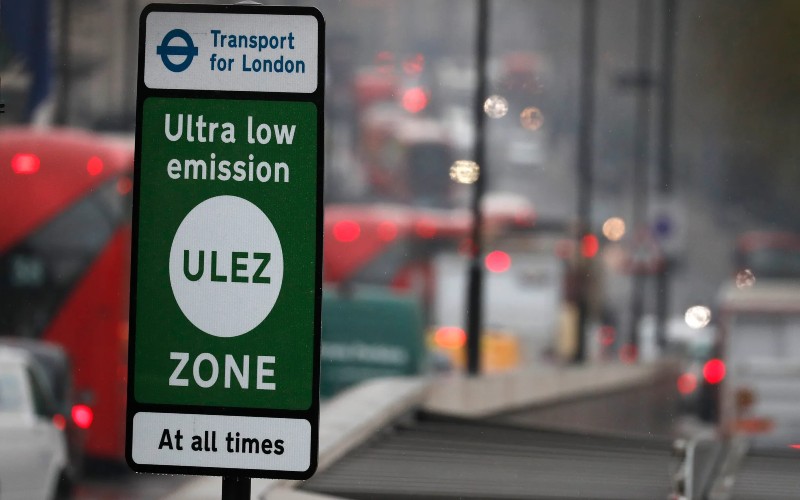In its declaration, the Global Climate Intelligence Group (CLINTEL) demands that climate science should be less political and more scientific.
"There is no climate emergency," the World Climate Declaration states. "Climate science should be less political, while climate policies should be more scientific. Scientists should openly address uncertainties and exaggerations in their predictions of global warming, while politicians should dispassionately count the real costs as well as the imagined benefits of their policy measures."
Carbon dioxide, the document goes on to insist, actually benefits Earth.

Bonner Cohen, Ph.D., a senior analyst with the Committee for a Constructive Tomorrow (CFACT), says the more than 1,600 scientists, including 321 from the United States, who signed the document are showing a lot of courage.
"These people are endangering their professional careers," he asserts. "If they don't have tenure, they might not be hired back in the universities. Even if they have tenure, they could be jeopardizing their careers. They won't be receiving grants."
Dr. Cohen says the climate hoaxers are trying to scare scientists into going along with the narrative.
"Get this message and spread it: The people who are trying to scare you to death over climate change don't care about the climate," the analyst submits. "They care about power and money in their hands. That's what this is all about."
Meanwhile, a climate and energy researcher says he recently left facts out of a paper on climate change in order to get it published.
Patrick T. Brown, Ph.D., writes in his op-ed that he got published in Nature because he stuck to the narrative he knew the editors would like.
"That's not the way science should work," he states.
"The paper I just published—'Climate warming increases extreme daily wildfire growth risk in California'—focuses exclusively on how climate change has affected extreme wildfire behavior," an excerpt from the piece reads. "I knew not to try to quantify key aspects other than climate change in my research because it would dilute the story that prestigious journals like Nature and its rival, Science, want to tell."
"This matters because it is critically important for scientists to be published in high-profile journals; in many ways, they are the gatekeepers for career success in academia," Dr. Brown continues. "The editors of these journals have made it abundantly clear, both by what they publish and what they reject, that they want climate papers that support certain preapproved narratives—even when those narratives come at the expense of broader knowledge for society."
Marc Morano, a skeptic of catastrophic man-made climate change, founded and runs Climate Depot, which is a project of CFACT. He says this type of thing has been happening for at least three decades."

"Hurricane forecaster Bill Gray, now deceased, talked about in his time, he used to be able to get Energy Department grants to study hurricanes. But once he expressed his climate skepticism during the Clinton-Gore administration, his funding was cut off," Morano gives as an example. "So, there's sort of an unspoken rule among climate researchers: Thou dare not say anything skeptical or challenge the climate narrative."
Politicians and citizens have long claimed that climate change is real, that it is bad, and that it is going to get worse if people do not take steps to reduce emissions. President Joe Biden has even called climate change the "number one issue facing humanity." Combatting it, he says, is a core tenet of his presidency.
Meanwhile, some news outlets like BBC have policies not to include skeptics in their coverage of the topic. The stated reason is that people do not need to be misled about the "consensus" among scientists that climate change is real and dangerous.
"When only scientists who agree can be published, and anyone who dissents is canceled, deplatformed, and censored -- that's how you create a climate consensus," Morano points out.







